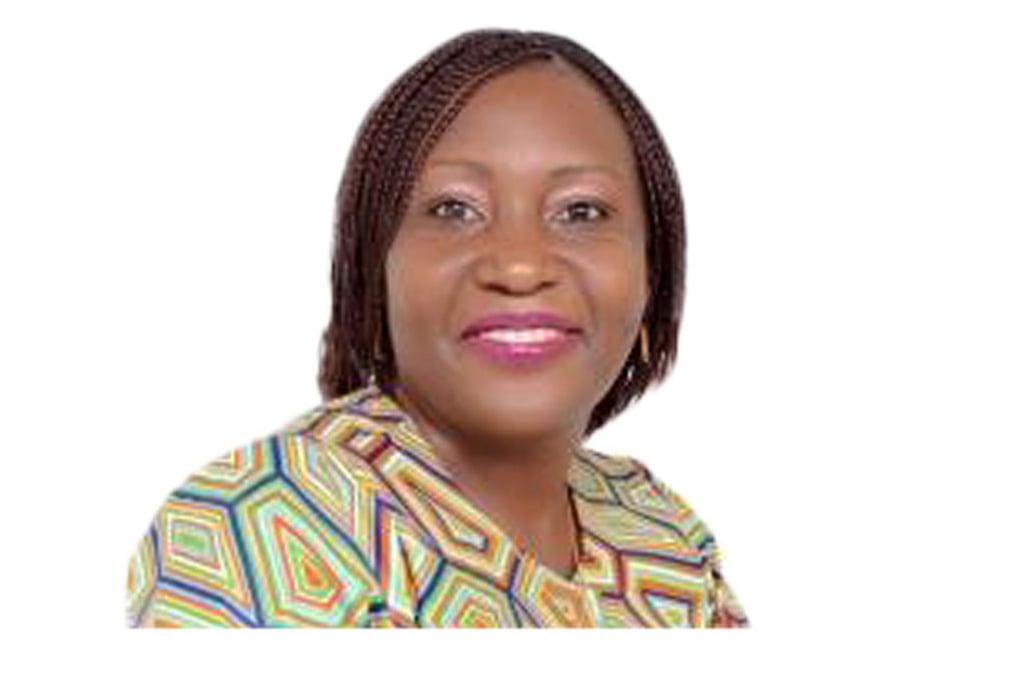Is UPE a mockery of our education system?

Recently, I graduated with a First Class Degree in Mass Communication from the Lubaga-based St Lawrence University. Tracing the journey more than 16 years ago, a lot of disturbing memories engulf my mind and occasionally, I burst into tears.
To some people, having a degree is no longer news and celebrating it amounts to nothing bigger than wasting time and money. On the contrary, this seems not to be the case, especially for those in the in the league of Universal Primary Education, to which I belong.
Having spent a few years of infant education at an urban public school between 1997 and 1999, the history of my primary education is boldly written on the dilapidated walls of a number of rural schools in Mityana and Mpigi districts.
Considering the prime objectives at its inception, the idea of Universal Primary Education was seen as a beacon of hope for urban children and their counterpart in the rural areas.
However, the day I graduated proved beyond reasonable doubt that the system in its current and past form has to a great extent belittled the meaning of education and reduced its value.
The pseudo education policy has by far widened the gap between the noble and the disadvantaged students under the same education system. It has failed to level the academic ground for effective competition.
Different statistics rate Uganda’s national literacy level at 71 per cent among persons aged 10 years and above. This percentage gives the impression that all might be well. However, the situation on the ground is very disturbing and reveals a bitter truth.
When I organised a thanksgiving ceremony to celebrate my academic milestone, I tried my best to trace and invite my primary school class mates, especially those with whom we sat PLE in 2007.
My first stop was St Kizito-Kyagalanyi Primary School to tell my former teachers about my achievement and also to ask then them where and how I could get in touch with my old friends.
Looking completely surprised, one teacher who has taught at the school for more than 10 years, visibly perplexed said: “Congratulations.” Reason? For the decade she has taught at the school, she had never heard of anyone of their former students graduating.
“...some of them are already parents with more than two children,” she said. “Some of them look even older than us who taught them”.
For me who went through this very hell-fire of academic institution, anguish and hopelessness hit me at the same time. The less privileged children have no chance of rising to the top academically. That is the reality on the ground.
It is, therefore, high time policy makers reviewed the UPE system with the view of making it effective and meaningful to society. Being a sole survivor and academically successful among members of my the entire class of 2007 and actually members of other classes before me, makes me doubt the efficacy of UPE. My hurdling over the hook can never be attributed to the knowledge I got from UPE, if any.
Perhaps without the unconditional bursary I received from the Nabbingo-based St Catherine Secondary School in Wakiso District from Senior One to Senior Six, my academic journey would not be different from that of my unfortunate colleagues. Perhaps I would have remained a common disadvantaged man like a some of my primary school old boys.
Going to school for the sake of it is no education at all. The Universal Primary Education programme, have proved to be a conduit for not only half-baked human resource, but also a disguised education system that cannot produce both local and international competitive human resource.
Matters even get worse especially when pupils continue with secondary education in the same rural and poorly facilitated education environment.
Recently, the custodian of the examinations at both primary and secondary levels; the Uganda National Examinations Board (Uneb) released a report on literacy with an on record statistics showing that 80 per cent of early learners could not read.
This is just the tip of the iceberg reflecting the deterioration and decomposition of a system that absorbs millions of less privileged children who have no other option to be part of the enlightened class.
As somehow a product of UPE, I have the moral authority to assert that, in its current design, there is an obvious feeling of hopelessness among children enrolled in especially rural-based UPE schools. The Uneb report based its case study at lower classes of primary education.
However, in reality, the problem stretches across classes. I recall the time I was admitted for secondary education. Then, I could hardly construct a meaningful sentence.
It is, therefore, evident with obvious, but not published statistics that there is no effective education for folks who remain in the same system even at high school.
As the people concerned and affected by UPE education, we should recall our collective responsibility to forge a way forward. We can do this by giving disadvantaged children better and meaningful education environment. We should also commit ourselves to building a better academic framework not only for the current generation, but also for posterity.
Mr Kayonga is a graduate of Mass Communication.
[email protected]




